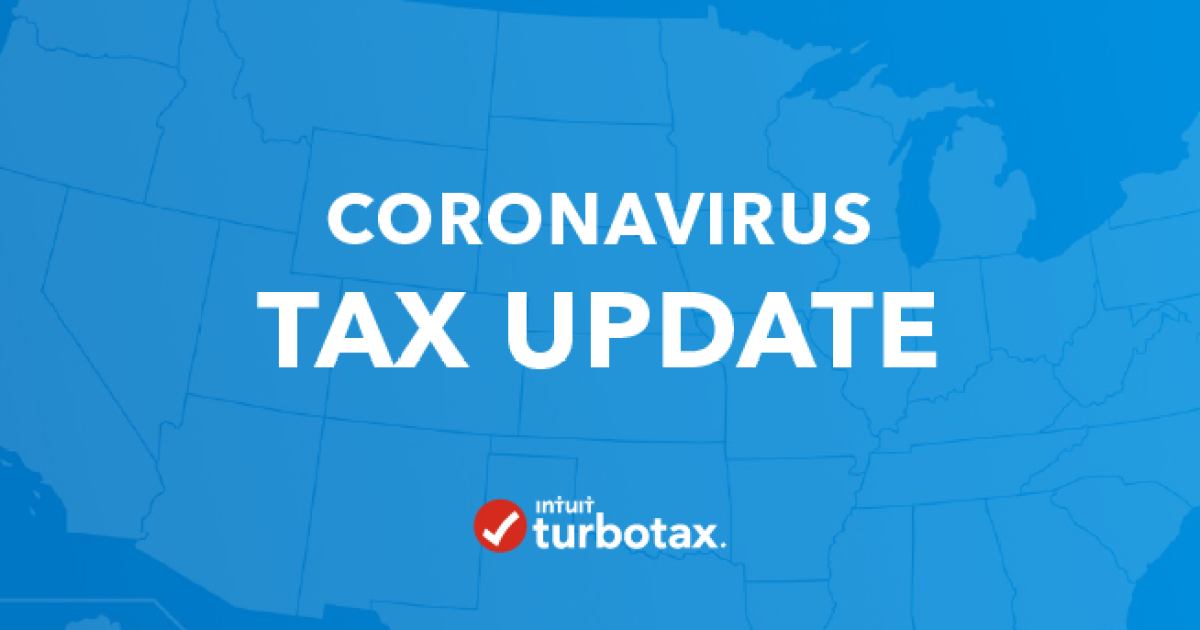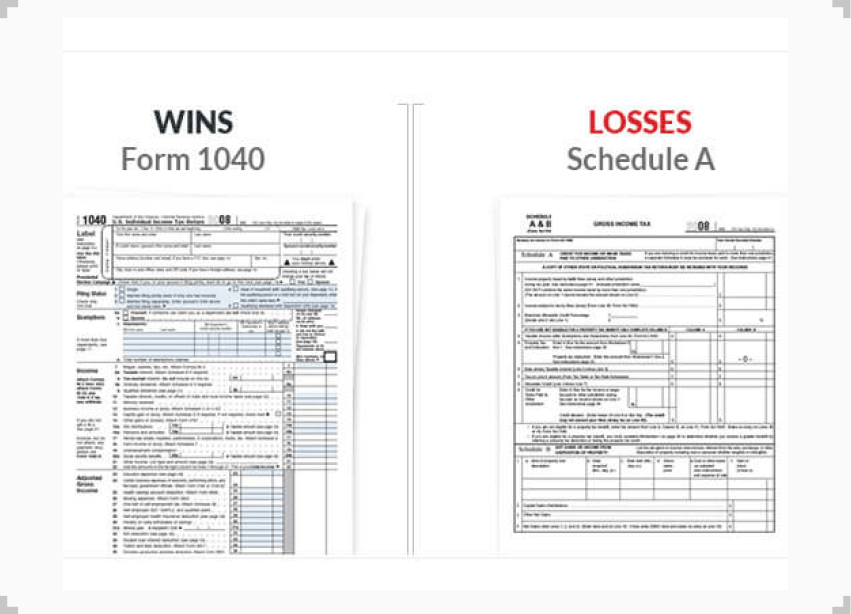Does Indiana Tax Gambling Winnings
Posted : admin On 4/7/2022- Does Indiana Tax Gambling Winnings Tax
- Does Indiana Tax Gambling Winnings Money
- Does Indiana Tax Gambling Winnings And Losses
No doubt about it, winning the lottery dramatically changes a person’s life. A financial windfall of that magnitude quickly grants you a level of financial freedom you probably have trouble imagining.
However, if you are a professional gambler and are allowed to claim gambling losses on your federal business schedule (probably federal Schedule C), then the losses are included in federal AGI, and you'll get full credit for it on the Indiana tax return. Gambling winnings are taxable income in Indiana. Full-year Indiana residents pay tax on all of their gambling winnings, including winnings from riverboats and pari-mutuel horse races (even those winnings from out-of-state sources). See full list on efile.com.
But becoming a Mega Millions or Powerball jackpot winner doesn’t change everything. If you are the lucky winner, you still have to worry about bills and taxes. This is when a lottery tax calculator comes handy.
How are lottery winnings taxed under federal and state?
Lottery winnings are considered ordinary taxable income for both federal and state tax purposes. That means your winnings are taxed the same as your wages or salary. And you must report the entire amount you receive each year on your tax return.
For example, let’s say you elected to receive your lottery winnings in the form of annuity payments and received $50,000 in 2019. You must report that money as income on your 2019 tax return. The same is true, however, if you take a lump-sum payout in 2019. You must report that entire amount as well. For this, a tax calculator is an essential tool.
Does Indiana Tax Gambling Winnings Tax
Note: Before you receive one dollar, the IRS automatically takes 25 percent of your winnings as tax money. You’re expected to pay the rest of your tax bill on that prize money when you file your return.
What is the tax rate for lottery winnings?
When it comes to federal taxes, lottery winnings are taxed according to the federal tax brackets. Therefore, you won’t pay the same tax rate on the entire amount. The tax brackets are progressive, which means portions of your winnings are taxed at different rates. Depending on the number of your winnings, your federal tax rate could be as high as 37 percent as per the lottery tax calculation.
State and local tax rates vary by location. Some states don’t impose an income tax while others withhold over 15 percent. Also, some states have withholding rates for non-residents, meaning even if you don’t live there, you still have to pay taxes to that state.
Do I have to pay state taxes on lottery winnings if I don’t live in the state where I bought the ticket?
Most states don’t withhold taxes when the winner doesn’t reside there. In fact, of the 43 states that participate in multistate lotteries, only two withhold taxes from nonresidents. Arizona and Maryland both tax the winnings of people who live out-of-state.
Can I change the amount of tax the lottery withholds?
You don’t have a choice on how much state or federal tax is withheld from your winnings. The only piece you can control is how much money you save to cover any extra money you may owe. For this, you can use a federal tax calculator.
Does Indiana Tax Gambling Winnings Money
Do lottery winnings count as earned income for Social Security purposes?
Lottery winnings are not considered earned income, no matter how much work it was purchasing your tickets. Therefore, they do not affect your Social Security benefits.
Does winning the lottery affect my tax bracket?

Winning the lottery can affect your tax bracket in a big way. An average family’s top federal tax rate could go from 22 percent to 37 percent. But remember, if that happens, you likely won’t pay the top rate on all of your money.
That is unless your regular household income already places you in the top tax bracket prior to winning. In that case, all of it is taxed at 37 percent. This can be calculated using a tax calculator. Lottery winnings are combined with the rest of your taxable income for the year, meaning that money is not taxed separately.
What are the benefits of taking a lump sum payment versus annuity payments?

If you take a lump sum, you have more control over your money right now. You can choose to invest it into a retirement account or other stock option to generate a return. You could also use it to buy or expand a business.
Several financial advisors recommend taking the lump sum because you typically receive a better return on investing lottery winnings in higher-return assets, like stocks. If you elect annuity payments, however, you can take advantage of your tax deductions each year with the help of lottery tax calculator and a lower tax bracket to reduce your tax bill.
The decision for which option is better is complex. It all depends on the size of the lottery winnings, your current and projected income tax rates, where you reside, and the potential rate of return on any investments. If you win big, it’s in your best interest to work with a financial advisor to determine what’s right for you. However, you can also determine the taxes using a federal tax calculator.
Are you a lucky winner? Determine what you owe in taxes with this Lottery Tax Calculator.
More to explore:
Every year the Tax Foundation publishes its State Business Tax Climate Index. As they state, they look at how each state taxes, not on the how much. Per usual, the names at the top and the bottom haven’t changed much.
The top ten states are:
- Wyoming
- South Dakota
- Alaska
- Florida
- Montana
- New Hampshire
- Nevada
- Utah
- Indiana
- North Carolina

The bottom ten states:
41. Alabama
42. Louisiana
43. Vermont
44. Maryland
45. Arkansas
46. Minnesota
47. Connecticut
48. New York
49. California
50. New Jersey
This is what the Tax Foundation states about the bottom ten:
The states in the bottom 10 tend to have a number of afflictions in common: complex, nonneutral taxes with comparatively high rates. New Jersey, for example, is hampered by some of the highest property tax burdens in the country, has the second highest-rate corporate and individual income taxes in the country and a particularly aggressive treatment of international income, levies an inheritance tax, and maintains some of the nation’s worst-structured individual income taxes.
I deliberately waited until election day to make this post. Why? Because some states have ballot measures today that will impact their rankings. For example, Californians will vote on whether to have a “split-roll” property tax, where business properties would be assessed annually based on current value rather than only when a property is sold. California today ranks 14th in property tax; if this measure passes, the ranking will fall dramatically. Illinois votes today on changing their personal income tax from a flat-rate tax to a progressive system.
Nevada, my state, ranks seventh. It’s not that every tax is great in Nevada (we have a poor sales tax system and unemployment insurance taxes); however, we lack income taxes. (We do have a gross receipts tax, called the Commerce Tax, that large businesses must pay.)
Does Indiana Tax Gambling Winnings And Losses
Some states, like Utah and Indiana, have most taxes but they administer them neutrally, simply, and with relatively low rates. Contrast that with California, which has an awful income tax system, high rates, and ridiculous regulations.

Below is a map (from the Tax Foundation) of the United States with the rankings of each state. If you’re considering locating a business, it makes sense to look at taxes (and other factors, too); the Tax Foundation’s annual guide is a tremendous resource.